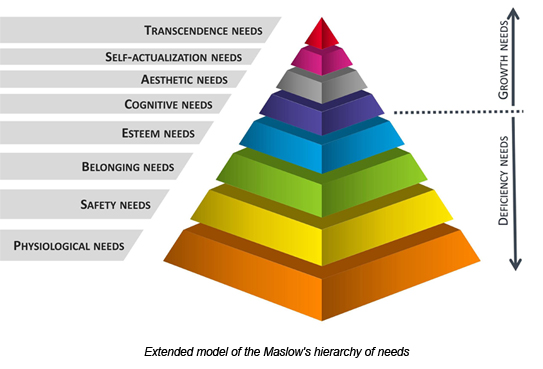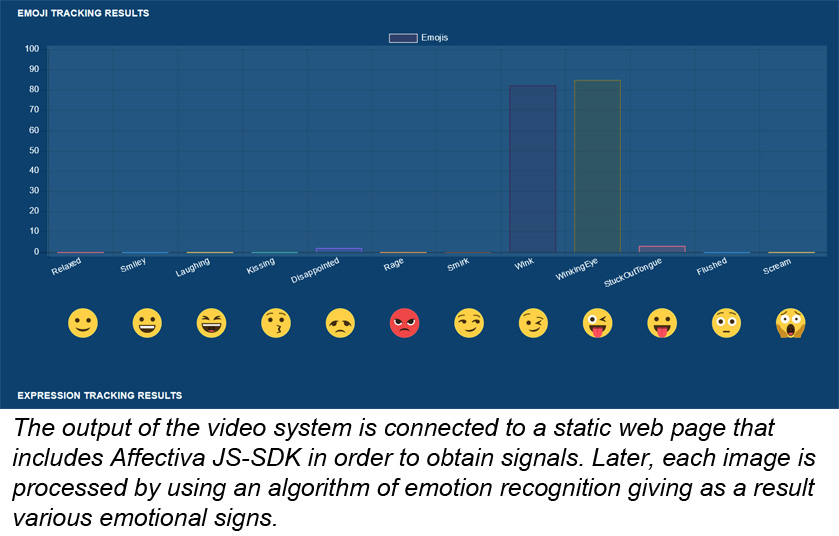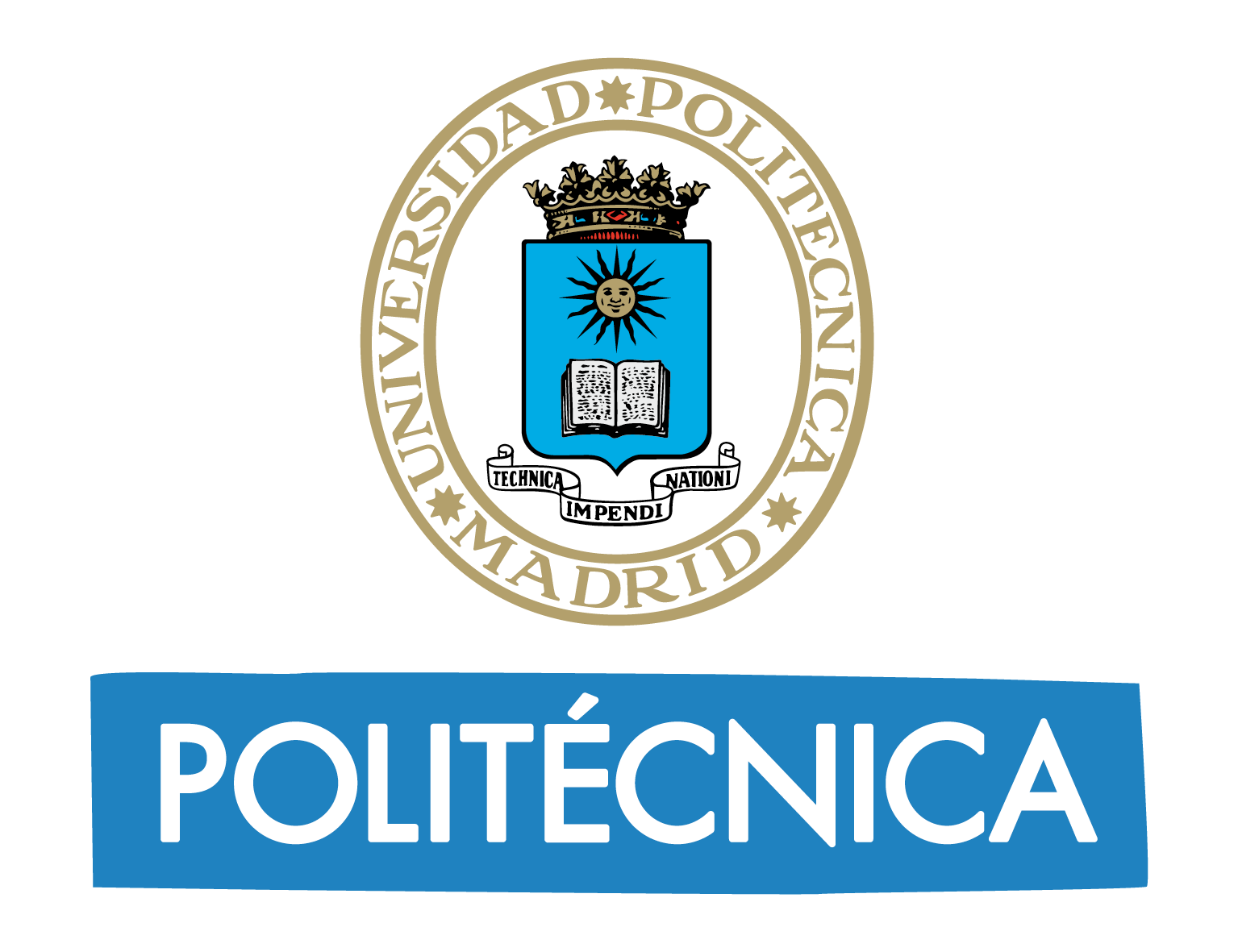Motivational recognition for the industry of the future
Researchers from Universidad Politécnica de Madrid have developed a recognition system to evaluate the human motivation in the industry of the future, industry 4.0.
Maslow 4.0 is a technological solution developed by the Research group of Telecommunication & Internet Networks and Services at Universidad Politécnica de Madrid that provides real-time information about the human motivation. The first prototype of this system is based on the Maslow pyramid and process physiological signals through an electrocardiogram sensor. This system combines emotional signals coming from an emotion tracking system based on image processing.
The obtained results can help improve the efficiency of companies and, at the same time, the satisfaction of employees.
The psychologist Abraham Maslow proposed between 1943 and 1970 a hierarchy of human needs, known today as “Maslow pyramid”. Maslow proposed that only when the most basic needs are fully covered, such as feeding, we can meet other more transcendental needs such as friendship. According to this hierarchy, the needs of creativity and self-actualization (essential in a work environment) are found at the highest levels.

Thus, it is fundamental that work environments meet the lowest needs in order to ensure productive employees.
Nowadays, when companies aim to know the degree of satisfaction of employees, they conduct diverse surveys which are an expensive process in time and money. Besides, this methodology cannot detect a fall of the motivation due to a spontaneous event since surveys are usually designed to detect long-term scenarios.
To carry out an effective analysis of motivation, a team of researchers from Universidad Politécnica de Madrid has proposed a new system: Maslow 4.0. This system consists of an electrocardiogram sensor set in a personal device, an image capture system, a signal processing application, an emotion recognition system through image processing and a remote server where data is composed and the service is executed.
The system that captures physiological data from employees is able to detect the satisfaction state of the lowest needs (feeding, stress, etc). This data is processed in a specific application and sent to a remote server. A camera system captures images of the employee and, through signal processing, the main emotions of the employees are registered.

These results, that allow us to infer the satisfaction degree of the highest levels needs, are sent to a remote server where (through a mathematical model and an algorithm) both pieces of information are composed obtaining, as a result, a motivational map of the employees.
Borja Bordel, a researcher involved in this work, says “This system means an improvement compared to the traditional solutions. This technology provides continuous and real-time information about the motivation of employees. The demotivation situations may be located and addressed in an extremely precise and rapid way, which helps strongly increase the global industrial efficiency”.
This project research has received funds from the Ministry of Economy and Competitiveness through the SEMOLA project (TEC2015-68284-R).


